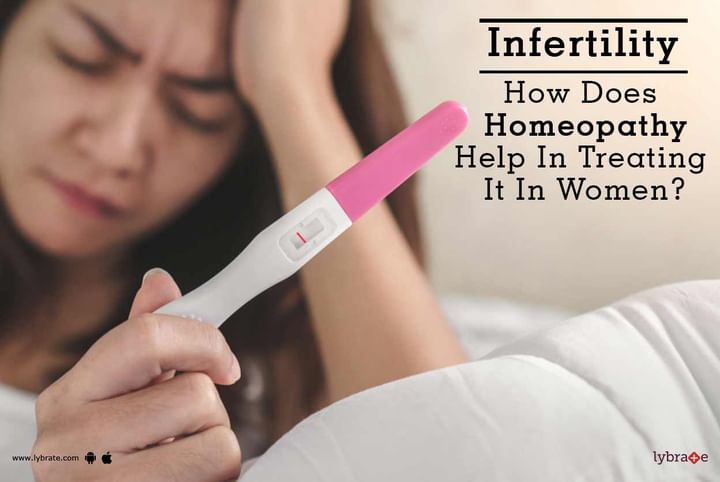Infertility - How Does Homeopathy Help In Treating It In Women?
For a married couple, having a child is the next step to completing the family picture. However, for various reasons, some attributed to the male and some to the female, this picture remains incomplete.
Talking to a doctor is one of the best starting points. There could be deep-rooted causes for this issue, and homeopathy aims in treating the root cause and not just infertility.
A good homeopath will ask you numerous questions to find out associated symptoms, family history, etc., and then arrive at a remedy that would work best for you. This is a highly customised therapy and so self-medication based on a friend or family member’s recommendation is best avoided.
Infertility in females is often caused by the following reasons:
- Irregular menstruation
- Hormonal imbalance
- Advancing age
- Emotional stress
- Obesity
- Excessive smoking
- Alcohol consumption
- Sexually transmitted diseases (Chlamydia, gonorrhoea)
- Structural abnormalities in the pelvic area including fibroids, pelvic adhesions, blocked fallopian tubes, etc.
- Endometriosis
- Polycystic Ovarian Syndrome (PCOS)
- Pelvic Inflammatory Disease (PID)
- Thyroid disorders
- Diabetes
With more and more women coming out in the open to discuss, researchers have started working towards identifying the problem and working towards the treatment. The success rate of homeopathy in treating infertility is also on the rise. As with any medical condition, homeopathy treats not just the problem or symptom at hand, but the person holistically. Read on to know some of the common homeopathic remedies, but make sure you have a detailed discussion with doctor to identify what would work best for you. Self-medication is best avoided.
- In women with reduced sexual drive, Agnus and Sepia are widely used. The vaginal is extremely dry which could be painful during sex. There is also a bearing down sensation of the uterus in these women.
- In women with reduced menstruation, Pulsatilla and Sepia are widely used. The periods are never on the expected date, and when they occur, the flow is quite scanty and suppressed. Pulsatilla is also used when ovarian cysts are present. Sepia is useful in women that are prone to miscarriages.
- In women with excessive menstruation, Calcarea and Aletris are widely used. The periods happen before time, is too long with profuse bleeding. This excessive bleeding also causes anaemia, weakness, and fatigue. These women might also have frequent abortions.
- In women who have experienced a miscarriage in their third month earlier, with uterine and ovarian inflammation, Sabina is used.
- In women who are not able to retain sperms, Natrum carb is useful. There could be an offensive smelling vaginal discharge which is also very irritating and itching.
These are just some of the common remedies, but there are more, and each patient would require different therapy based on associated symptoms.



+1.svg)
